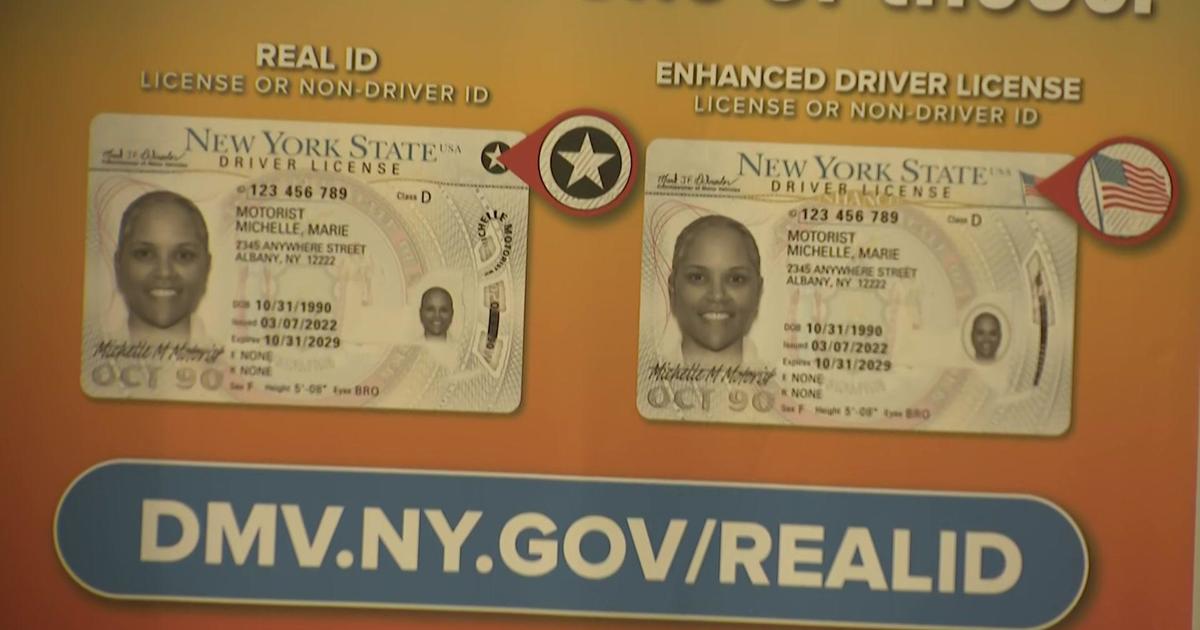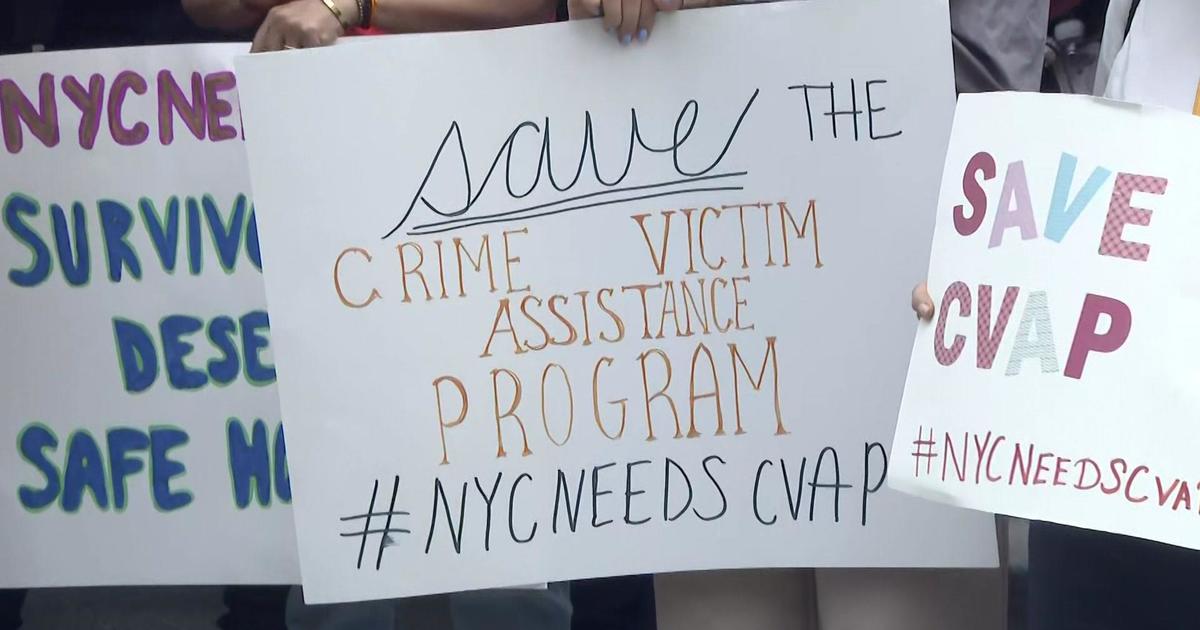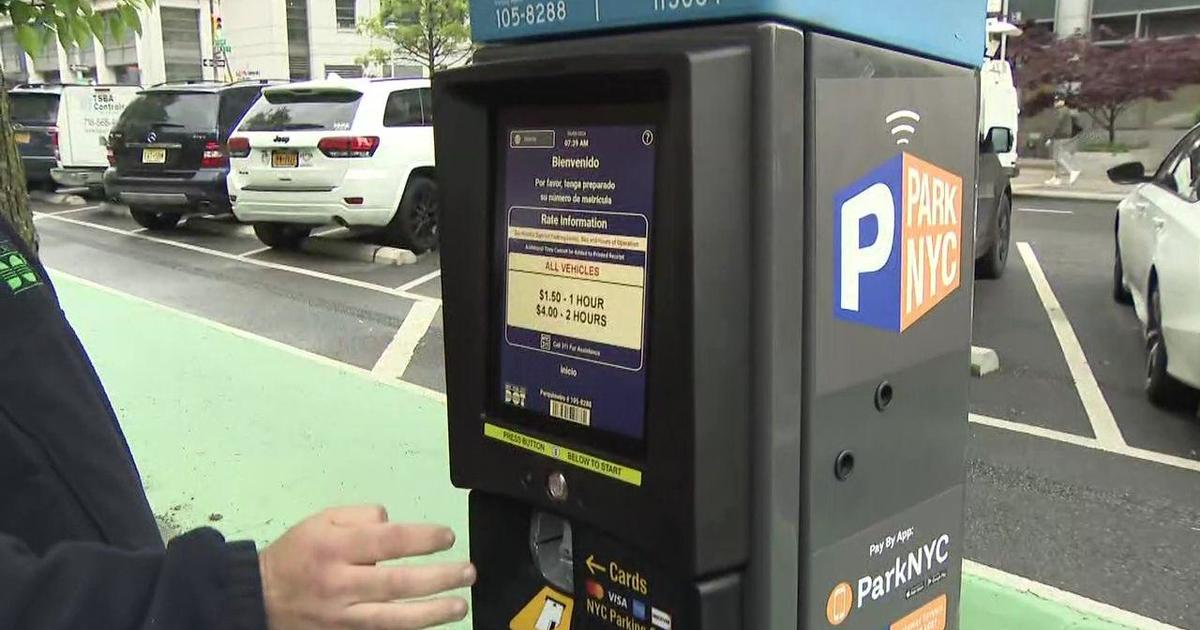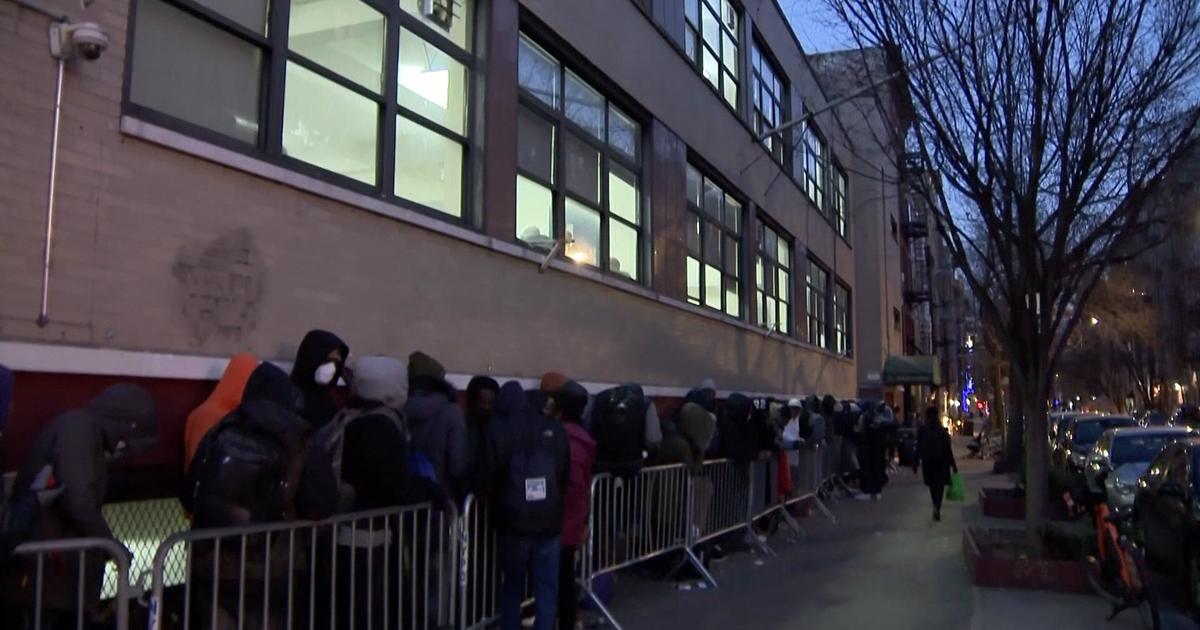The Affordable Care Act: How Does Enrollment Work?
UPDATED 10/01/13 12:19 a.m.
NEW YORK (CBSNewYork) -- Even with a government shutdown in effect Tuesday morning, certain elements of President Barack Obama's Affordable Care Act are set to take effect.
CBS News Business Analyst Jill Schlesinger explained some of the plans.
If you have insurance already, the open enrollment will not affect you at all and you do not need to take action, Schlesinger explained.
"If you have insurance through your employer, if you're on Medicare, if you're on Medicaid, if your child is covered by CHIP, you're on COBRA, relax, take a deep breath," she said on "CBS This Morning." "You don't have to do anything. You are covered."
Otherwise, it all depends on how much you make, whether you are looking for individual or family coverage, and how much coverage you want.
Ten companies will offer coverage in New York, and there are four levels of coverage, Schlesinger explained on the CBS 2 News at 5 p.m.
An individual can pay up to $900 per month for the highest level of coverage. The lowest level is around $300, and there are also tax credits available.
For example, a couple from New Jersey making $50,000 will have premiums for a silver plan running at $395 per month. A couple making $100,000 will pay $520 per month.
Those who are affected can begin shopping for health care coverage Tuesday at HealthCare.gov.
The shopping experience, Schlesinger said on "CBS This Morning," is like booking a flight on a travel website like Travelocity. She explained, "What you need to know is if you go to one of these marketplaces at HealthCare.gov, you're going to be led to a question that says 'where do you live?' because each state has something different. When you get there, you're going to see different types of coverage for each -- say like covering 60 percent to 90 percent of your health care costs. You can choose it.
"You're going to a place, you're comparing costs, you're choosing coverage," she said. "That's what you need to know."
For one real-life example, Carlos Vasquez, 18, of the Bronx, is uninsured. He has to borrow asthma medication from friends and family, and has to sign up for the Affordable Care Act, CBS 2's Dick Brennan reported.
"Since birth, I've been in and out of the hospital," Vasquez said. "I was born with asthma, in and out of the hospital with asthma."
He is looking forward to staying out of the hospital because he can afford the medication. But he will pay a minimum of $150 to $350 per month for coverage.
Here are the important dates to know as the health care roll-out begins:
• Oct. 1, 2013 - Open enrollment starts;
• Jan. 1, 2014 - Health coverage starts;
• March 31, 2014 - Open enrollment ends.
As 1010 WINS' Steve Sandberg reported, Jersey City Health Director Stacey Flanagan said counselors would be on hand to answer questions and help residents navigate through the system.
The Affordable Care Act: How Does Enrollment Work?
"It's not as complicated as people are hearing," she said. "What's complicated is the unknown."
She said the exchanges are basically no more than a computerized system to help everyone find the right plan.
"What helps you, what doesn't help you, what you can afford, what you can't afford," Flanagan said.
As for reported problems with the website, Schlesinger said on "CBS This Morning," "With any roll-out there are going to be glitches, but the concept should be easy. ... From October 1 all the way through March 31, you have a chance to get coverage. Again, if you don't have insurance. If you have insurance, you don't have to do anything."
And as for those who do not sign up by the end of the year, they will be paying a penalty. For 2014, the penalty will be at $95 per year for each uninsured adult in the household – capped at $285 per household – or 1 percent of an your income.
The cost rises over the next couple of the years. By 2016, it will be $695 per person – capped at $2,085 per household -- or 2 percent of your income.
As for Medicare, higher-income Medicare beneficiaries – those who earn more than $85,000 per person – will pay slightly more for their prescription drug coverage, or Medicare Part D. This is expected to affect about 5 percent of beneficiaries.
You May Also Be Interested In These Stories



